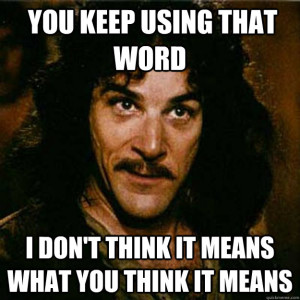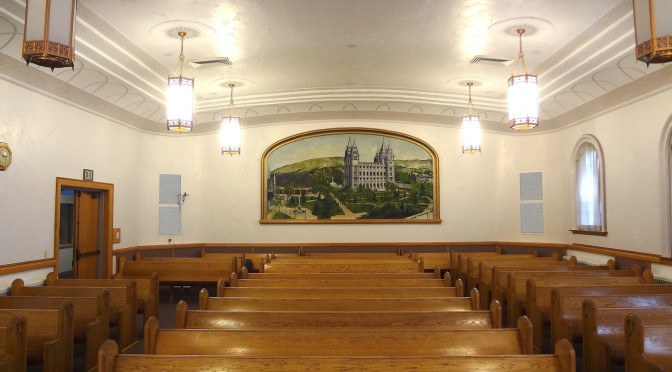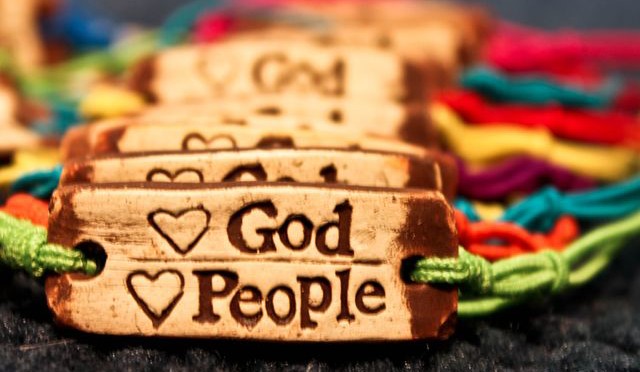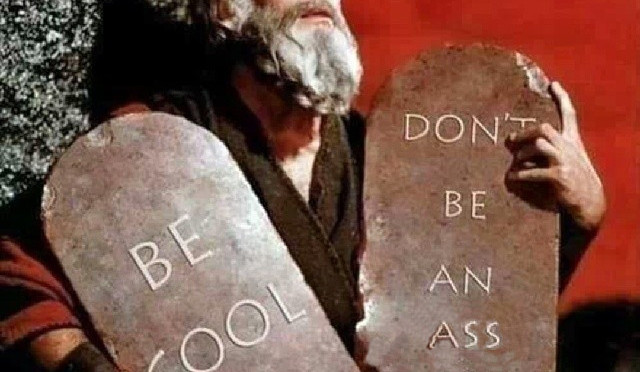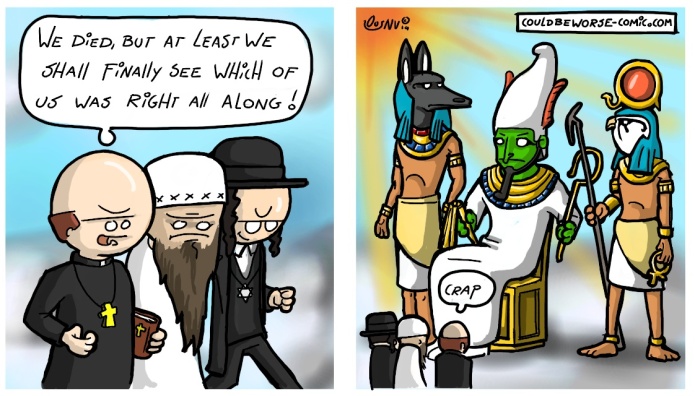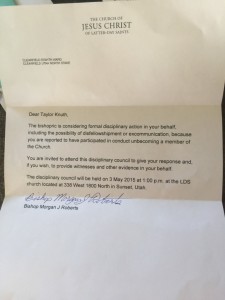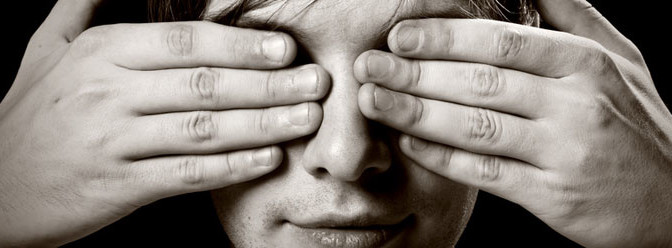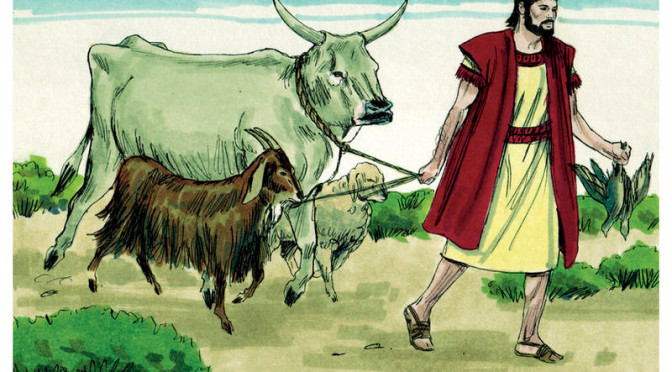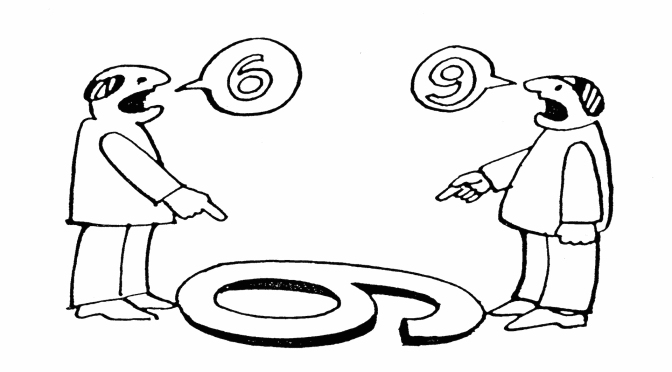Now that the SCOTUS has decided that marriage, no matter genders involved, is protected nation wide, I’ve been watching the mayhem from those that disagree.
There are many gems, but this one in particular has stood out: Texas clerk won’t issue marriage licenses to same-sex couples
In the name of truth and honesty in disclosure I’ve followed it through, and apparently her office will now issue marriage licenses to same-sex couples, but that’s not the point, this discussion is about ‘religious freedom’.
The first amendment states:
Congress shall make no law respecting an establishment of religion, or prohibiting the free exercise thereof; or abridging the freedom of speech, or of the press; or the right of the people peaceably to assemble, and to petition the Government for a redress of grievances.
It seems pretty clear from the text that the government can’t establish religion (you know, like “In God we Trust”, er wait….), or prohibit the free exercise of a persons religious beliefs (of course, there are limits, if your religion teaches that say women who are raped should be married to their rapists, the government really doesn’t allow someone to force that).
The issue at hand here is that a governmental employee, while functioning as a representative of the government really can’t establish religious reasons for providing government services. In the case of Hood County Clerk Katie Lang (referenced in the link above), she isn’t issuing the license, the government is. She’s simply the individual that handles the paperwork, as it were.
In the Quran it states “Tell thy wives and thy daughters and the women of the believers to draw their cloaks close round them…” This is often used as the basis for Islamic women covering themselves. What if someone working in the drivers license division stopped giving drivers licenses to women because they weren’t covered from head to toe? Would that be exercising freedom of religion?
In the bible it states “A widow, or a divorced woman, or profane, or an harlot, these shall he not take: but he shall take a virgin of his own people to wife.” What if the same clerk that is refusing to give marriage licenses to same-sex couples required that women provide irrefutable proof of virginity before marriage in a mixed gender marriage? Would that be exercising religious freedom?
Freedom requires that the government, not individuals, protect rights, that way everyone has a greater chance at being treated equally.
If you’re a representative of the government, then you must leave your personal views at the door, and pick them back up on the way out.
